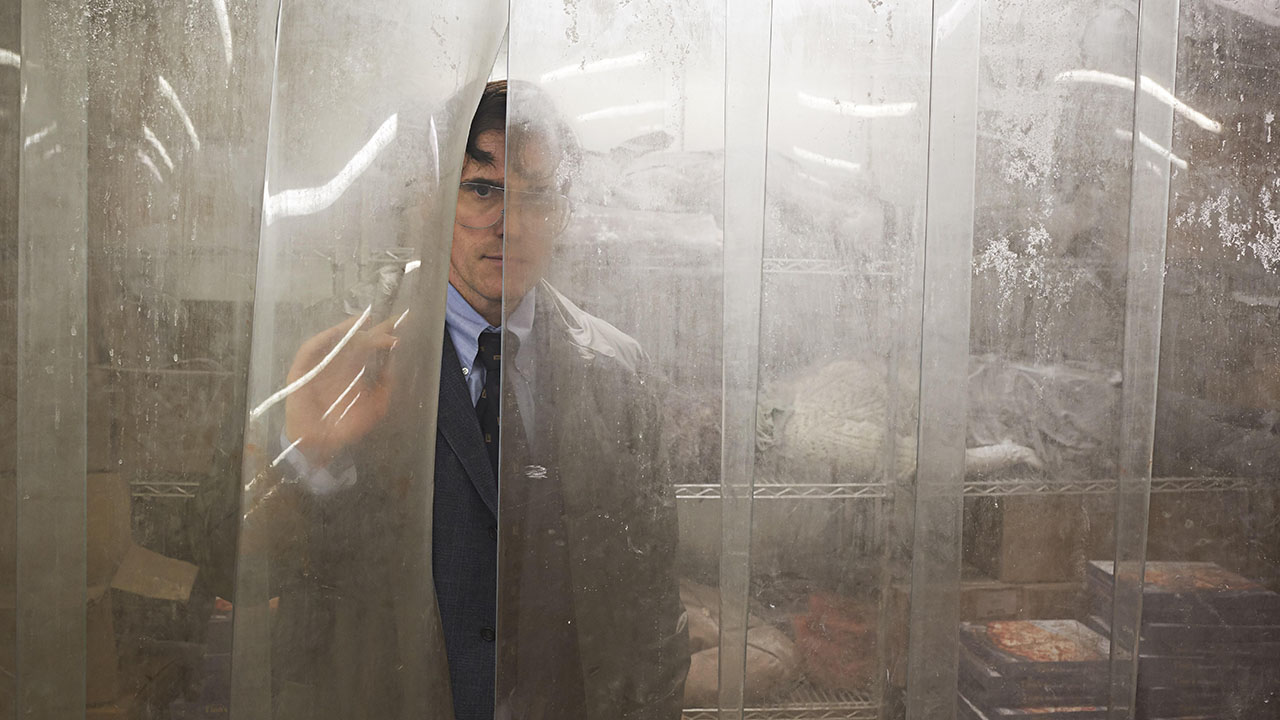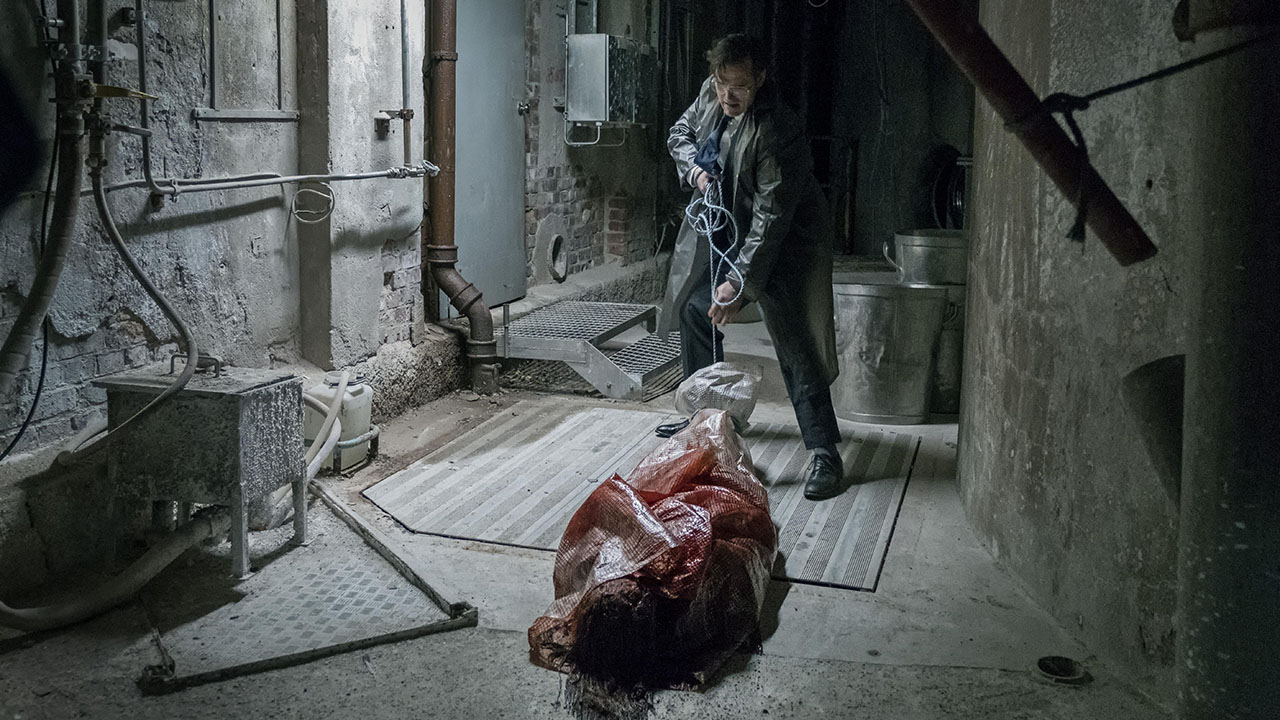Cannes 2018: The House That Jack Built is causing outrage and mass walkouts, but is it any good?
Dissecting Lars von Trier’s latest controversy magnet

Returning to Cannes seven years after being labelled “persona non grata” for claiming to sympathise with Hitler during a press conference, Lars von Trier’s latest might just be the Danish misanthrope’s most controversial film yet. The cause of countless mid-film walkouts and melodramatic declarations that such a “vile” film should never have been let into the Cannes Film Festival in the first place, The House That Jack Built is just as grotesquely violent, juvenile, and provocative as you’d expect from a 155-minute serial killer movie written and directed by the deranged mind behind The Idiots, Antichrist and Nymphomaniac. But it sees the Danish filmmaker in an unusually reflective and confessional register, which makes this a fascinating addition to his sulphurous body of work.
Matt Dillon stars as Jack, a psychopath who also goes by the name Mr. Sophistication, and openly brags about having killed 60 people, revelling in the fact that, no matter how recklessly he behaves, he never seems to get caught. His story is told to Verge (Bruno Ganz), a mysterious man heard only in voiceover for much of the film. Recounting five ‘incidents’ that represent his ‘art’, the film unfolds in an episodic fashion, each grisly murder broken up by cod philosophical discussions between Verge and Jack about everything from the architectural qualities of cathedrals to varying means of grape decomposition.
Each murder is more grim and upsetting than the last, involving (and not limited to) violent bludgeoning, animal cruelty, sexualised violence against women, post-mortem mutilation, and, most shockingly, the graphic murder of children. The high number of walkouts during screenings at Cannes would imply that, for a lot of people, it is simply too much. Your own mileage will vary depending on your tolerance for extreme cinema, but bear in mind this is torture porn taken to its grotesque and logical end point, and should be approached with a certain level of caution for anyone with a sensitive disposition.

Most of Jack’s victims go nameless, as if to further dehumanise them, but one – Riley Keough’s Jacqueline, the former girlfriend of Jack – is repeatedly referred to by a cruel nickname: Simple. Sticking a middle finger up not only at the festival (Jack, at one point, declares a sympathy for dictators, including Hitler, and compares weapons of war, such as the stuka plane, to works of art), von Trier also makes snide asides at the #MeToo movement, with Jack at one point bemoaning “Why is it always men’s fault?” It’s petty in extremis, and becomes increasingly exacerbating as the film goes on and Jack literally gets away with murder.
But the film is (almost) redeemed by a magnificent epilogue subtitled Katabasis (anyone with a working knowledge of Greek or access to Google translate will have an idea where it’s all heading) in which a reckoning finally arrives, von Trier seemingly taking a stance that Jack’s, and by extension his own, actions are unforgivable in the eyes of the universe. Alas, it’s too little, too late. A shame as Matt Dillon, an often overlooked talent, is magnificent here, both darkly funny and conveying a complete lack of empathy with chilling credibility. Keough meanwhile brings distressing levels of pathos to her devastating victim.
It’s hard to say whether this is von Trier being truly confessional about the often repulsive work he’s put out into the world, or simply teasing the audience in order to get a rise out of them. There’s certainly a nihilism here that implies the latter. At one point Jack cries for help on behalf of his victim confident in the knowledge that no one will come to her aid. Which begs the question: why would von Trier repent if he doesn’t expect a response? But one thing's for certain given the explosive response to his film so far, Lars will be laughing all the way to the house he built.
Want more coverage from Cannes Film Festival? Here’s our glowing review of Nic Cage masterpiece Mandy.
Sign up for the Total Film Newsletter
Bringing all the latest movie news, features, and reviews to your inbox

I'm the Deputy Editor at Total Film magazine, overseeing the features section of every issue where you can read exclusive, in-depth interviews and see first-look images from the biggest films. I was previously the News Editor at sci-fi, fantasy and horror movie bible SFX. You'll find my name on news, reviews, and features covering every type of movie, from the latest French arthouse release to the biggest Hollywood blockbuster. My work has also featured in Official PlayStation Magazine and Edge.


